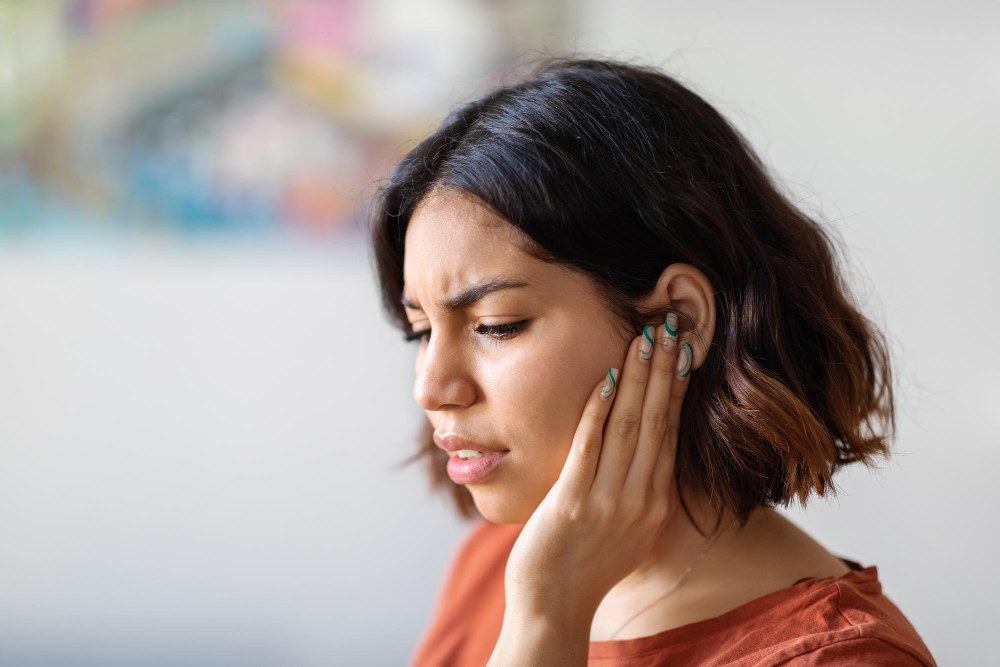What is Tinnitus?
Tinnitus is a common condition where you hear sounds that are not present in your environment. Often, people describe it as “ringing in the ears.” However, the sound can also be buzzing, hissing, or clicking. For many, tinnitus is mild and comes and goes. But for others, it can be constant and bothersome. According to the World Health Organization (WHO), millions of people worldwide experience tinnitus at some point in their lives. Because tinnitus can affect your daily life, it is important to understand its symptoms, causes, and treatment options.
Common Symptoms of Tinnitus
People with tinnitus notice different types of sounds. These sounds can be soft or loud, steady or pulsing. While the most common symptom is ringing, you may also hear:
Sometimes, tinnitus is heard in one ear. Other times, it affects both ears. In addition, some people notice the sounds more at night or in quiet places. For a few, tinnitus can make it hard to sleep or focus. If you notice these symptoms, it is wise to seek medical advice.
Causes and Risk Factors
Tinnitus has many possible causes. Most often, it is linked to hearing loss, especially as people age. But other factors can also play a role. For example, loud noise exposure is a leading cause. The Centers for Disease Control and Prevention (CDC) notes that even short bursts of loud sounds can trigger tinnitus. Here are some common causes and risk factors:
Because many factors can lead to tinnitus, it is important to identify the cause to find the best treatment.
How Tinnitus is Diagnosed
If you think you have tinnitus, a doctor or ENT specialist can help. First, they will ask about your symptoms and medical history. Next, they may examine your ears to check for wax or infection. Often, a hearing test is done to see if you have hearing loss. In some cases, other tests like imaging scans may be needed. These tests help rule out rare causes, such as tumors or blood vessel problems. Early diagnosis can help you manage tinnitus more effectively.
Treatment Options for Tinnitus
There is no single cure for tinnitus, but many treatment options can help reduce symptoms. The right treatment depends on the cause and how much tinnitus affects your life. Some common tinnitus treatment options include:
Because each person is different, your doctor will help you choose the best plan. For some, a mix of treatments works best.
Lifestyle Tips and Coping Strategies
While medical treatments help, lifestyle changes can also make a big difference. Here are some tips to help you manage tinnitus:
Because stress can make tinnitus worse, finding ways to relax is important. Over time, these coping strategies can help you feel more in control.
Prevention of Tinnitus
Although not all cases of tinnitus can be prevented, you can lower your risk. Here are some simple steps:
By taking these steps, you can help protect your hearing and reduce your risk of developing tinnitus.
In summary, tinnitus is a common but manageable condition. If you notice ringing in your ears or other symptoms, do not ignore them. Consult an ENT specialist for personalized tinnitus management and advice.




